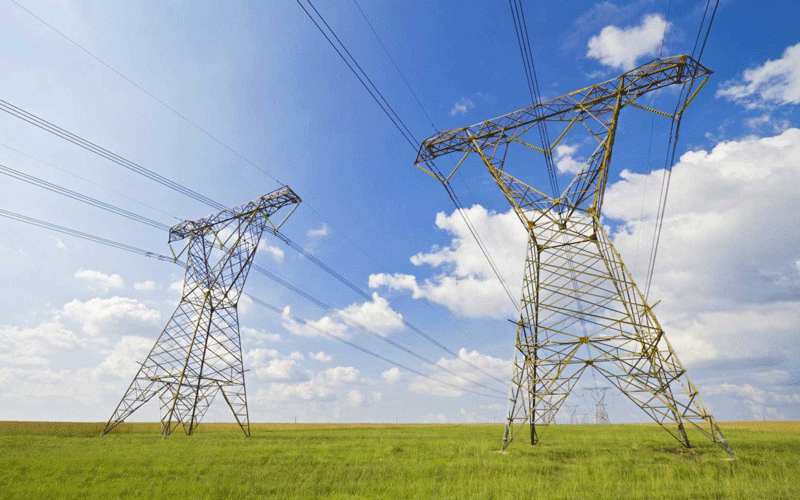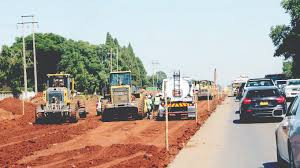
AS the country struggles to meet its energy demands, Josh Chifamba, former group chief executive officer at Zesa Holdings, said it was important for business to adopt a pragmatic approach to energy tariffs.
Chifamba said businesses, especially mines, should accept that rates like 9c/kWh were unrealistic, but they must advocate for safe, reliable power at the lowest possible cost.
His comments come as Zimbabwe’s biggest mines disclosed last week that they had lost up to US$500 million in potential revenue due to frequent down times in the past year.
Miners said upheavals in the industry had been compounded by what they see as the region’s highest power tariffs, which is pegged at USc14,21/KWh, with a peak tariff of around USc19/KWh.
They also indicated that during power outages they resorted to diesel powered generators, which were expensive.
"If Zesa tariff is 14c/kWh and the miners say it is unreasonable, then how reasonable is it for the mines to resort to own generated diesel power at 30c/kWh? It boggles the mind," he said, reacting to the Zimbabwe Independent's lead story last week, headlined 'Blackouts wipe off US$500m from mines'.
"Zesa should be able to supply cheaper diesel power. Other utilities in the region are doing it. The cost of not having the power is far much higher," said Chifamba, a consultant in energy.
He said the price of electricity cannot be determined by volatility of minerals.
- Low tariffs weigh down ZETDC
- ‘Systems disturbance hits Hwange Power Station’
- Zesa doubles power charges
- Kariba, Hwange power plants obsolete: Govt
Keep Reading
He also said the cost of unsupplied energy (CUE), which basically is what the mines stand to pay due to unreliable power, was certainly higher than the tariff charged by Zesa.
He said CUE differs for different customers and some businesses that are not profitable may be forced to consider shutting down if they cannot bear it.
"It was for this reason in 2016 we introduced diesel power from Dema at 15,4c/kWh, which was even a lower price than the 17c/kWh we were getting from the old thermal stations in Harare, Bulawayo and Munyati," said Chifamba.
"Output from Kariba had been limited to 285 megawatts (MW) due to low water level in the lake. At that time solar, with its known caprices regarding reliability, was coming in at north of 18c/kWh.
"We persuaded GoZ (government of Zimbabwe) to grant a waiver on duty and other charges on diesel and the price of electricity was reasonable!"
The former Zesa chief said a similar dispensation should be "possible" and this will go some way towards alleviating load shedding and keeping businesses in operation.
"With such an arrangement, Zesa will be producing diesel power at a more affordable cost, certainly lower than 30c/kWh," Chifamba said.







